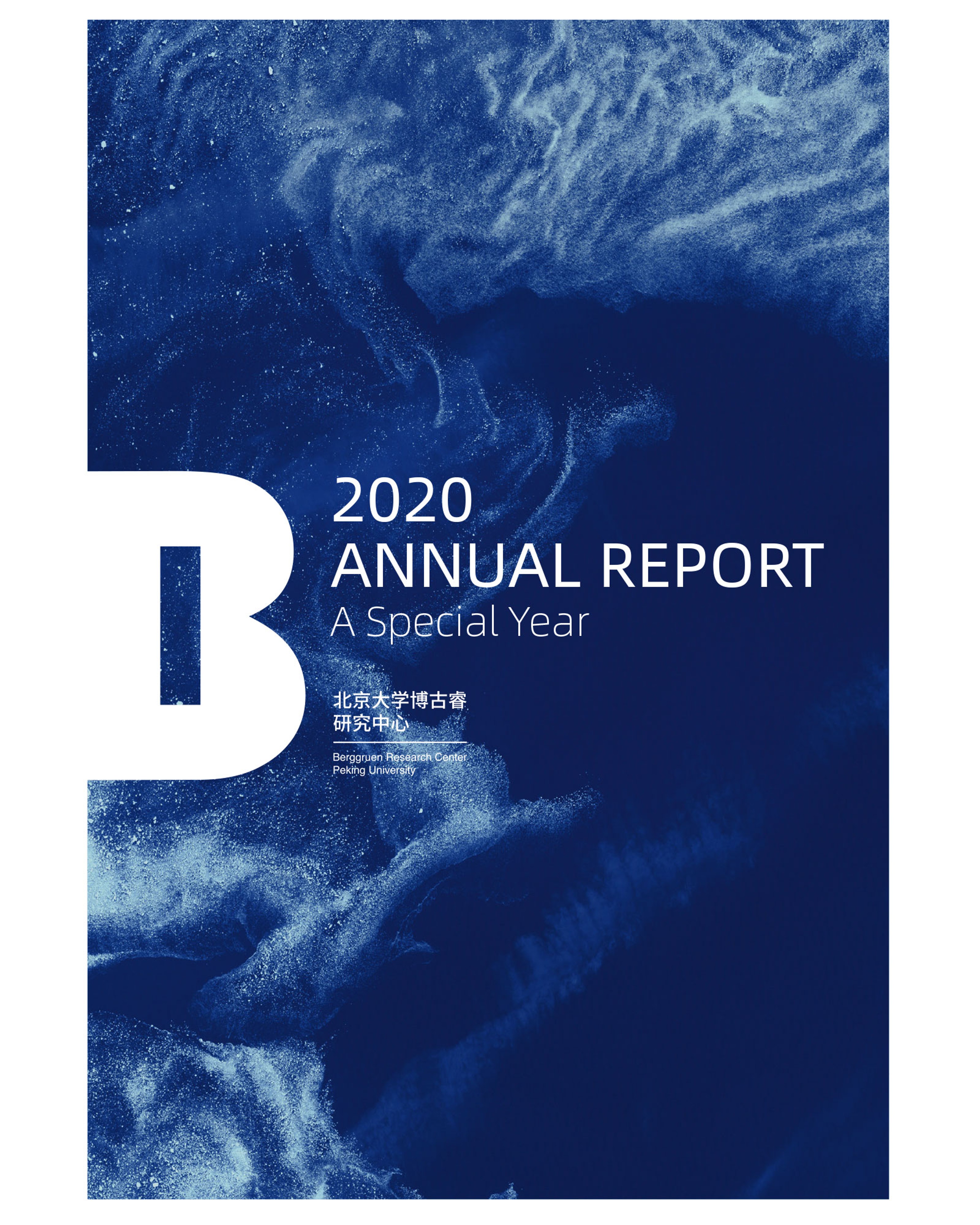Berggruen China Center 2020 Annual Report

In December 2018, the Berggruen Research Center (the Center) at Peking University (PKU) transitioned from an exciting vision to a concrete reality. The year 2019 passed quickly, as the Center moved ahead with its best efforts to realize an institution reflecting an administrative and research symmetry between the Berggruen Institute and Peking University. During this year, the core staff was expanded, and research fellowships were awarded to several distinguished scholars who advanced the Center’s research agenda.
In the fall of 2019, the Center’s Academic Advisory Council (Wang Bo, Vice President, PKU; Yuan Ming, Dean, Yenching Academy, PKU; Shang Xinjian, Professor of Philosophy, PKU) convened a meeting with co-directors Song Bing and Liu Zhe, then Chief Operations Officer Li Xiaojiao, and the rest of the team to greet the 2019 Fellows and to receive a report on the Center’s activities and its vision for the future. We were all delighted to hear that the renovation of the office building was in the planning stages, with permit applications and an architectural firm in place. On this occasion, the Academic Advisory Council unanimously expressed its full support for the research initiatives and the direction that the Center had taken during its inaugural year of operations.
In spite of the difficulties brought by the coronavirus, the Center has witnessed continued growth in its second year. In November 2020, the Academic Advisory Council received a detailed working report on the Center’s research initiatives, online conferences, recent publications and continuing projects, the Berggruen Seminar series, staff appointments, and continuing community service initiatives related to the pandemic. Of particular note is the effort being made to extend the reach and influence of the Center’s initiatives by joining public platforms that serve the academic and research communities. Under the difficult shared circumstances, the Center continues to make substantial advances on the themes of how artificial intelligence and new biotechnologies will alter the human experience and how global cultural resources can be drawn upon to shape a new geopolitical order.